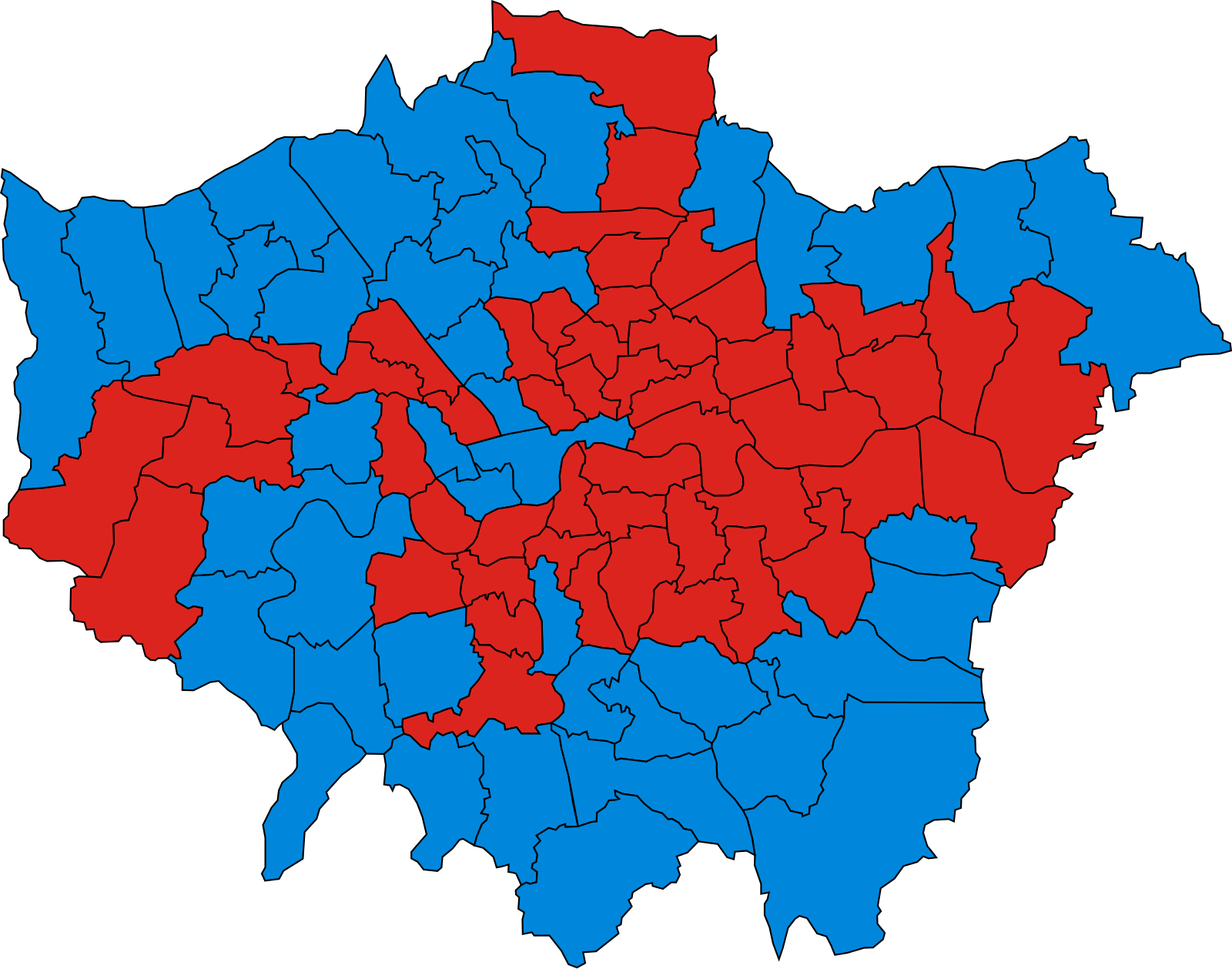| Woolwich West | |
|---|---|
| Former borough constituency for the House of Commons | |
| County | Greater London |
| 1918–1983 | |
| Seats | One |
| Created from | Woolwich |
| Replaced by | Eltham |


Woolwich West was a borough constituency represented in the House of Commons of the Parliament of the United Kingdom from 1918 until 1983. It centred on Eltham, now in the Royal Borough of Greenwich in south-east London.
Contents
- Boundaries
- Members of Parliament
- Elections
- Elections in the 1970s
- Elections in the 1960s
- Elections in the 1950s
- Elections in the 1940s
- Elections in the 1930s
- Elections in the 1920s
- Election in the 1910s
- References
The constituency was formed for the 1918 general election, when the constituency of Woolwich was divided into Woolwich West and Woolwich East, and abolished in 1983. Although the boundaries changed, Woolwich West in effect became the new Eltham constituency.
